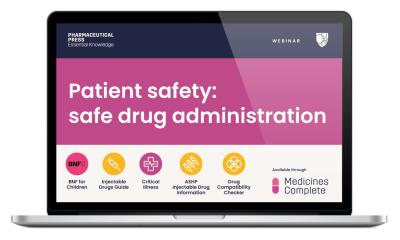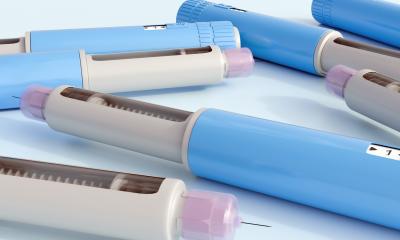Inhaled TB vaccine
Study shows promising results
USA - A new tuberculosis vaccine successfully tested at the University of North Carolina (UNC) is easier to administer and store and just as effective as one commonly used worldwide, according to research published in the Proceedings of the National Academy of Sciences.
The vaccine is spray dried instead of freeze dried. Spray drying is the process of spraying a liquid through a heated gas, such as nitrogen, to create a powder. Traditional TB vaccines are freeze dried, requiring refrigerated storage and transportation, and a source of clean water to reconstitute the vaccine for injection. Spray dried vaccines do not need refrigeration or water before use.
Prof. Hickey’s group specialises in developing drugs and vaccines that can be inhaled as a dry powder. The vaccine used in the study was a Bacillus Calmette-Guérin (BCG) vaccine, which is not common in the USA but is used extensively throughout the world. Given to 100 million infants annually, the current BCG vaccine for TB is the world’s most widely administered childhood vaccine.
As an expert on the delivery of vaccines and medicines via dry aerosol, Prof. Hickey said that breathing in a TB vaccine is beneficial because inhalation is the way TB is contracted. He also believes this successful vaccine test could encourage the development of others. ‘Other bacterial vaccines are being developed that might benefit from this technology,’ he said.
Prof. Hickey is a co-founder of Oriel Therapeutics, a company that develops dry-powder inhaler products to deliver medicines effectively to the lungs to treat a wide range of respiratory diseases, such as asthma and chronic obstructive pulmonary disease. He is also the founder, president and CEO of Cirrus Pharmaceuticals – both based in North Carolina.
Study co-authors: UNC School of Pharmacy research assistant professor Lucila Garcia-Contreras PhD, and postdoctoral fellows Pavan Muttil and Danielle Padilla.
E-contact: ahickey@unc.edu.School of Pharmacy contact: David Etchison. david_etchison@unc.edu
30.04.2008





